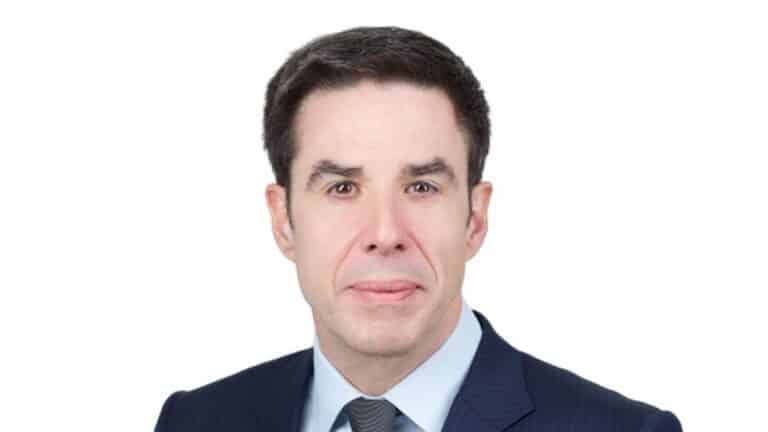The Center on Global Energy Policy’s Columbia Energy Straight Talk is a discussion series hosted by David Hill and Cheryl LaFleur, CGEP Adjunct Senior Research Scholars. In this episode, David and Cheryl hosted Judge Thomas B. Griffith, recently retired from the U.S. Court of Appeals for the District of Columbia Circuit.
The U.S. Court of Appeals for the District of Columbia Circuit is regarded as the second most powerful court in the United States, after the U.S. Supreme Court. Virtually all of the most significant Federal Power Act, Natural Gas Act and Clean Air Act cases are decided by that court. It decides the legal validity of the most important decisions and rulemakings of both FERC and the EPA. It is not a stretch to say that the fate of many policies of any independent agency and any president, including President Biden, lies in the hands of this court.
Judge Griffith spoke with Cheryl and David about some of his most important energy- and environment-related decisions while he served as a judge, what makes agencies and advocates successful–or unsuccessful–before his former court, and what this all could mean for energy and environmental law and policy in the United States. Judge Griffith served as a judge on the U.S. Court of Appeals for the D.C. Circuit for 15 years before he retired in 2020. Before joining the court, he had a distinguished career in both the public and private sectors. This was a rare opportunity to hear from a former D.C. Circuit judge on some of the most important energy and legal issues of our time.
—








